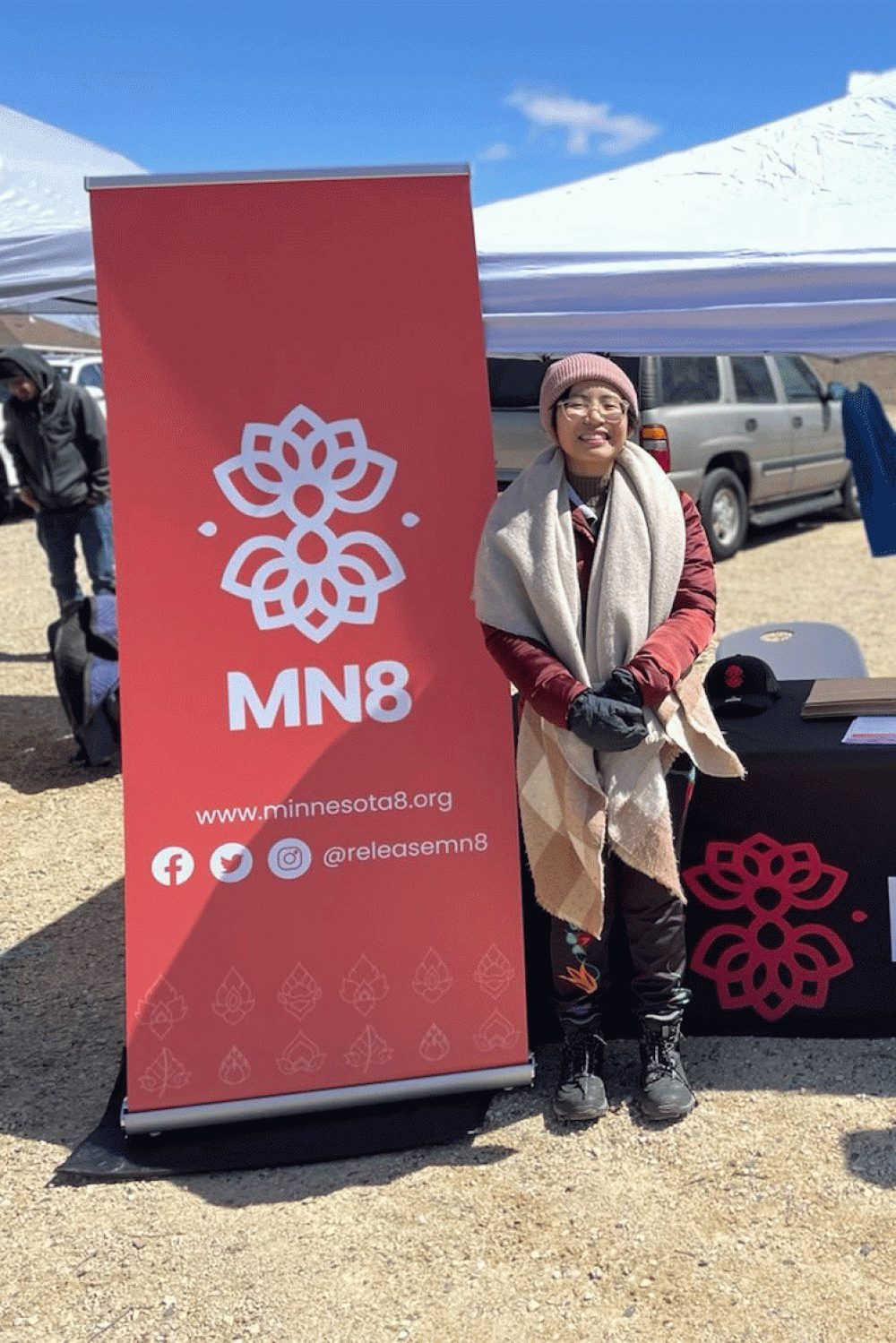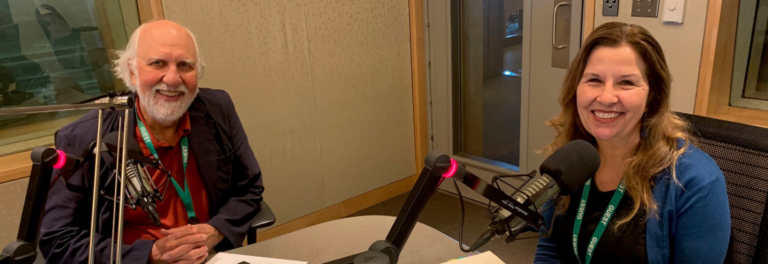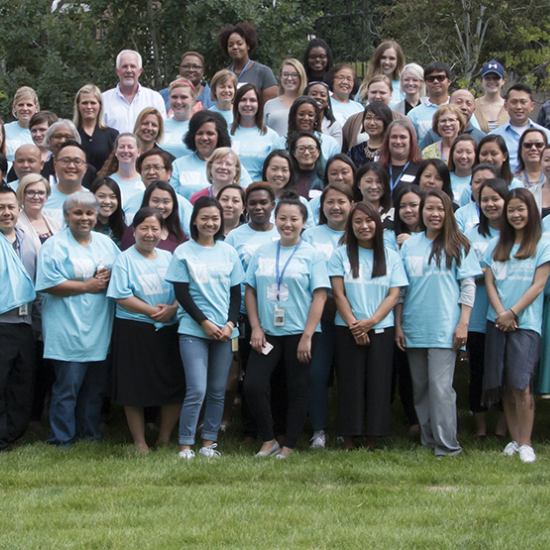Minnesota is home to more than 316,000 Asian residents, including nearly 12,000 Cambodian residents.
MN8 advocates and provides direct services and support for Southeast Asian Minnesotans who are facing detention and/or deportation. The organization recognized that the communities they serve had faced unprecedented challenges during the COVID-19 pandemic and knew that the issues and challenges related to immigration existed alongside other critical community needs. MN8 and Wilder Research partnered to conduct the first known community needs assessment of Cambodian residents in Minnesota. “We chose to focus on Cambodian people because, of all the Southeast Asian communities, Cambodian-Americans are heavily targeted for deportation,” said Rebecca Chang, former organizing director at MN8. “We know that families that have someone facing deportation likely will have additional needs related to employment, language, food security, and other areas.”
Co-creating evaluation to better understand cultural communities
In 2021, MN8 was selected for Wilder Research’s pro bono research and evaluation project, an opportunity for organizations to collaborate with Wilder on community-initiated research and evaluation. The project provided the perfect opportunity for MN8 to gather information about Cambodian Minnesotan’s needs and challenges, and how they might expand their services to help.
“We believe that data is an integral tool for better understanding the Khmer community,” said Chang. “We also understand that one research survey cannot fully capture the needs of all community members; however, we firmly believe that this first-of-its-kind needs assessment represents a crucial step in serving the Khmer community in Minnesota.”
Wilder’s community assessment included gathering data from the U.S. Census Bureau and Minnesota Compass about the characteristics of the Cambodian population living in Minnesota related to employment, transportation, health insurance coverage, housing, and other important areas. Interviews and questionnaires with Cambodians living in Minnesota provided more context about culturally specific food security and insecurity, health care coverage and access, language access and ability to speak Khmer and English, electoral knowledge and understanding, and immigration.
“This project, in particular, is a great example of how we conduct culturally responsive research at Wilder Research,” said Bunchung Ly, research associate at Wilder Research and the project lead. “Working with MN8, we chose to conduct one-on-one interviews with Cambodian Minnesotans given potential language and technological barriers. It helped tremendously that I was able to conduct these interviews in Khmer; the ability allowed me to navigate the conversations more easily and effectively. I am so grateful to have the opportunity to work with such a dynamic and collaborative team from MN8 and I cannot wait to see how they use the findings to help improve their services.”
Using data to support Minnesota’s Cambodian residents
Wilder Research staff developed recommendations for MN8 to consider while planning next steps, including creating culturally specific mental health services and education to help reduce stigma and improve access to services, hosting events or activities where elders could teach younger generations about the importance of writing and reading Khmer and other cultural practices, and educating community members about voting rights and how to vote.
In addition, the information from the study will help MN8 understand the challenges Cambodian Minnesotans may experience related to accessing food and health care coverage and services, communicating in English and Khmer, understanding and participating in voting, and citizenship and immigration. MN8 plans to share what they learned with community members and partner organizations that serve the Khmer and other Southeast Asian communities, and encourage them to use the data to support their communities.
“It was such an informative experience to work with Bunchung and the Wilder team,” said Rebecca. “They brought so much expertise and care in working with members of the Cambodian Minnesotan community and we appreciated the balance of quantitative and qualitative methods. Bunchung’s ability to communicate fluently in Khmer ensured that our project included perspectives from Cambodian Minnesotans spanning a wide range of ages. We can’t wait to use what we learned to grow our case management program and support Cambodian Minnesotans in getting access to needed supports and resources!”
Read the Community Needs Assessment of Minnesota’s Cambodian Population
Photos courtesy of MN8

“We firmly believe that this first-of-its-kind needs assessment represents a crucial step in serving the Khmer community in Minnesota.”




